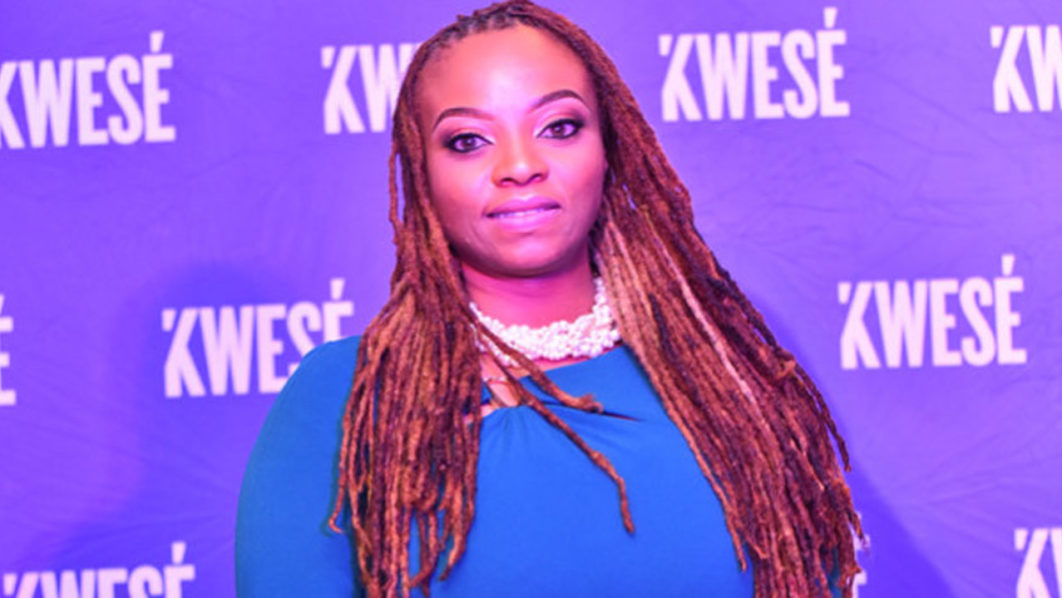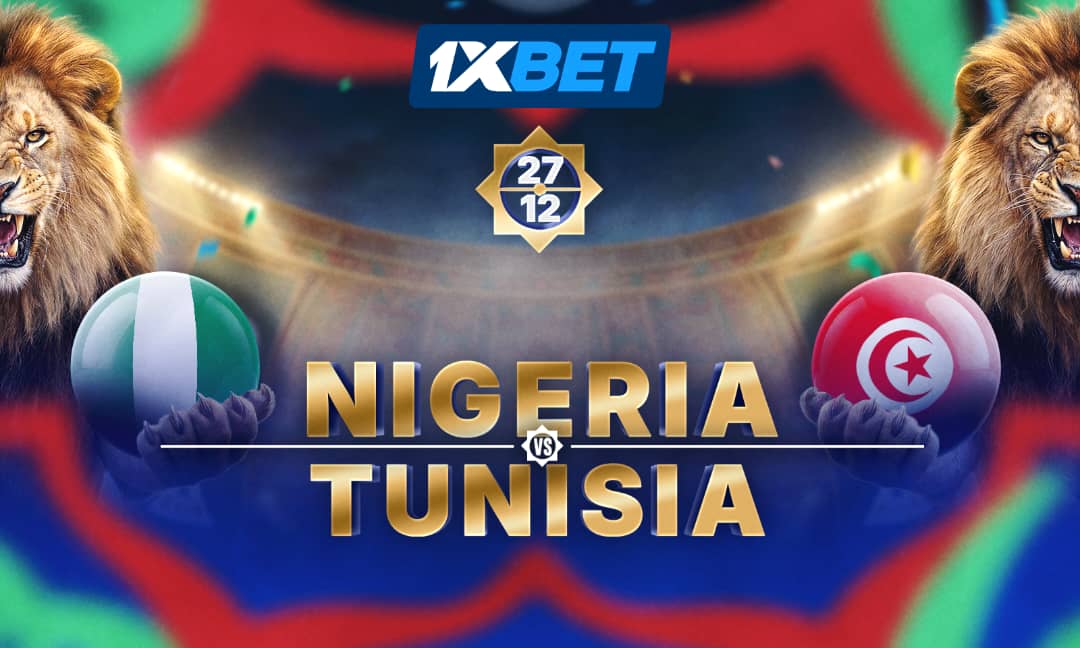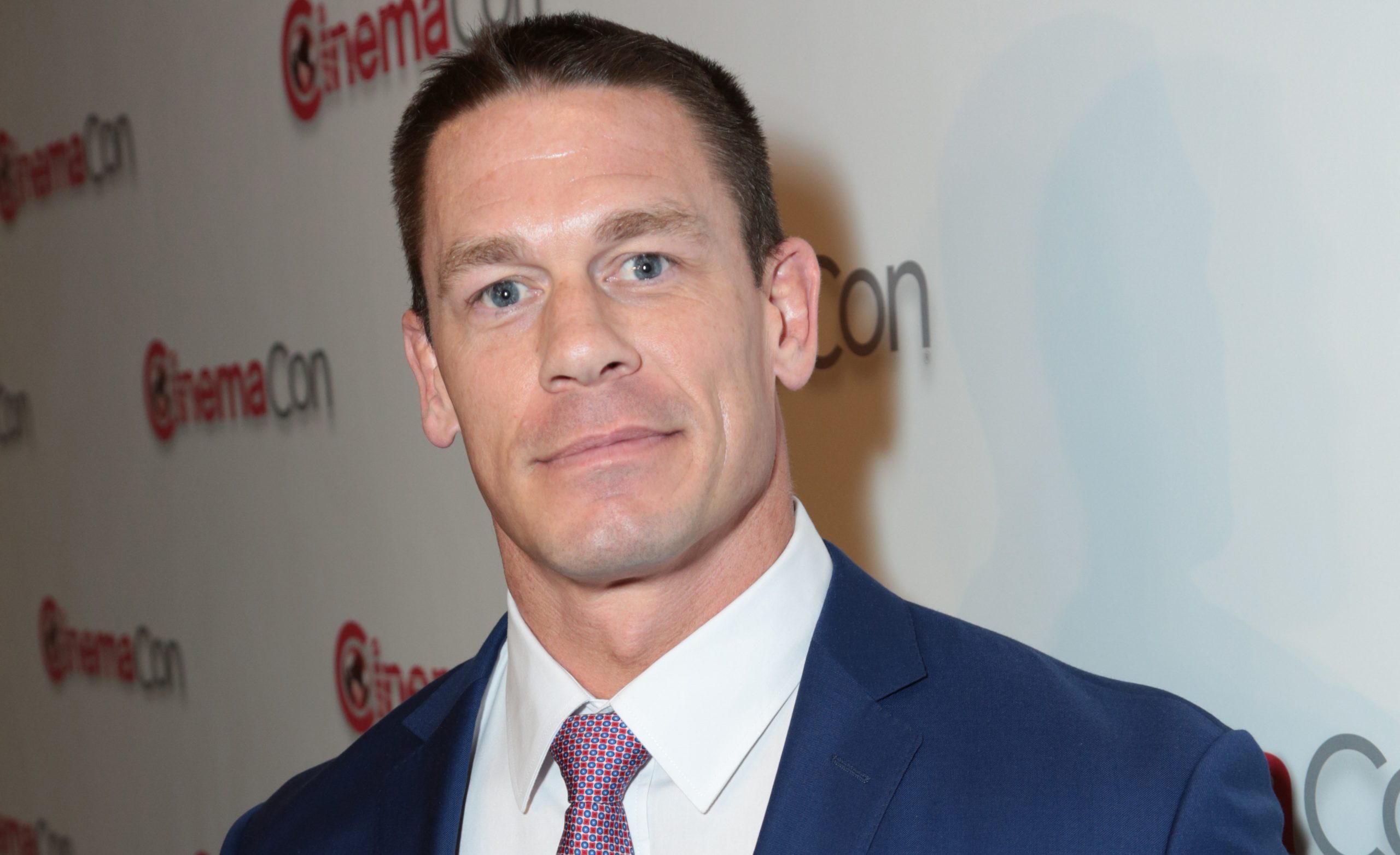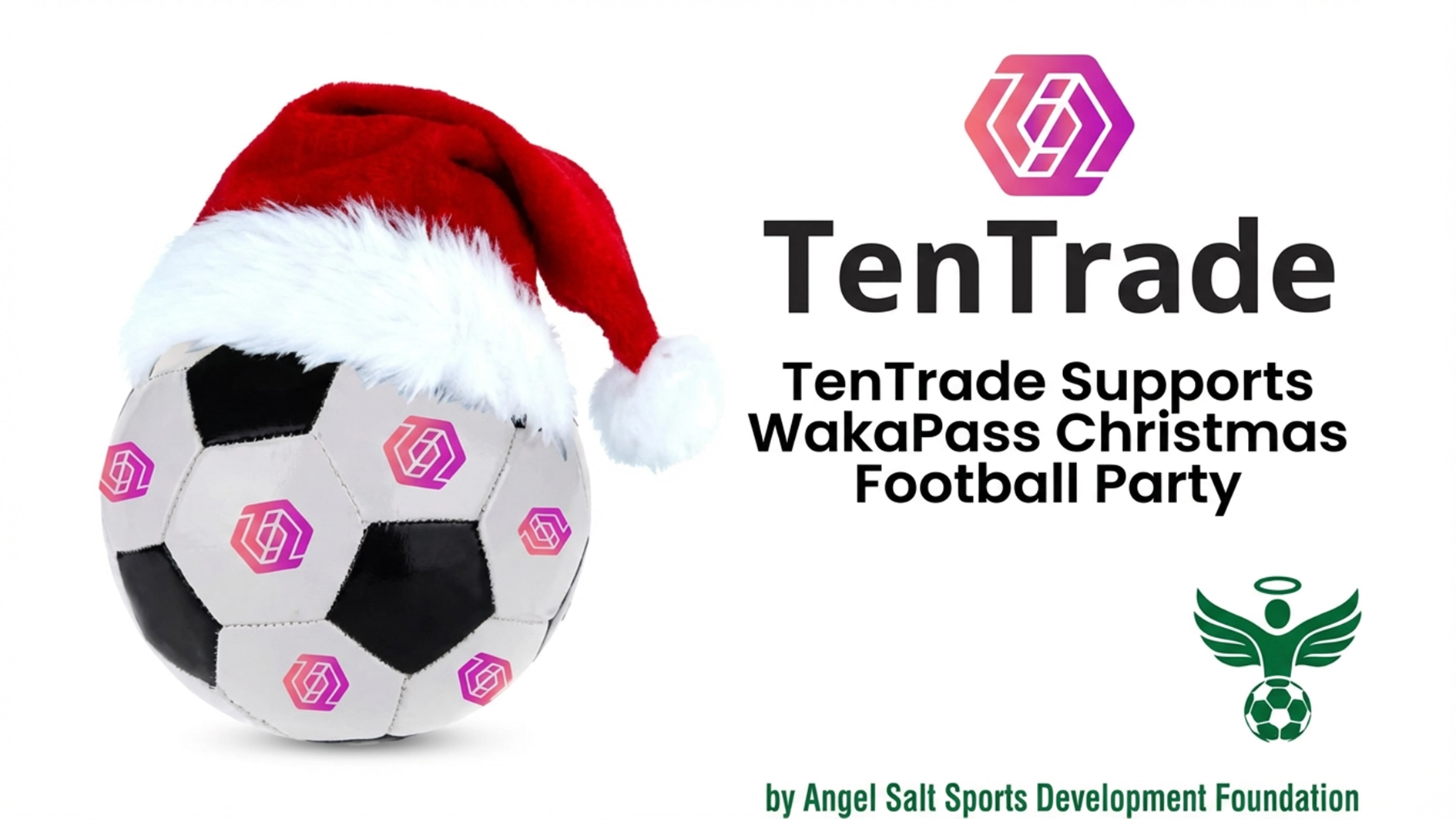
While all the three major players in the English-speaking market – SuperSport, StarTimes and Kwese TV – shared the rights to the biggest football showpiece of the summer, they have each made different levels of gains since then.
SuperSport landed a big fish with their acquisition of the rights to broadcast the Italian Serie A just days before Cristiano Ronaldo announced his 100million euro move to Juventus in July.
There was no better way to cement their dominance of the market than the assurance that they now had the English Premier League, the Spanish LaLiga and the Italian topflight in their kitty.
It is indeed an auspicious period with the resurgence of the Calcio A as several millions of eyeballs shifted to Italy with the arrival of the Portuguese superstar.
StarTimes retained the rights to the German Bundesliga and announced the acquisition of the Ligue 1, an important property due to the recent victory of France at the World Cup in Russia.
The fact that World Cup star Kyllian Mbappe plays alongside Brazil’s Neymar Jr. at dominant Paris Saint Germain meant that StarTimes had an opportunity to wrap their marketing thrust around the duo.
Still Ligue 1 will take a long while to gather the kind of popularity required to compete against the EPL and LaLiga.
But from how they have managed the Bundesliga so far, it seems StarTimes is not afraid to play the long-term game even as it continues to promote the uptake of its mobile phone app.
Since the World Cup, the app has become monetised with charges of 1000 naira a month making it cheaper than the satellite subscription.
StarTimes also recently grabbed exclusive rights to the Europa League where they are banking on the purchasing power of the massive Arsenal and Chelsea following this season.
They will grab the focus on Thursday nights even as SuperSport continue to hold tight to the Tuesday and Wednesday night matches of the hugely popular Champions League.
For Kwese TV, it has been mixed fortunes since the end of the World Cup.
There was news that it had captured the Ligue 1 in March only to find out that the rights had been taken up by StarTimes when the season started.
But they still have the rights to screen one Saturday afternoon English Premier League game on the free-to-air Kwese Free Sports channel.
Having gauged the competition, Kwese slashed the monthly subscription cost from 6,250 naira to 5000 naira in September.
However, they have also controversially scrapped the three and seven days subscription options that were very popular with low-income households and casual subscribers.
Kwese missed a big opportunity to grow its market appeal with the African Senior Athletics Championships in August when it only screened it on Facebook.
Subscribers who expected to see the Championships on the Kwese Free Sports channel were left disappointed despite the amount of investment by the company in hiring top athletics pundits like former Trinidad and Tobago sprinter Ato Boldon and Nigeria’s Athens 2004 gold medallist, Enefiok Udo-Obong.
Despite introducing a Kwese Free Sports Nigeria channel, not many local sports content have made it onto the channel while other channels in Ghana and Kenya have been growing their influence.
The leadership problem at the Nigeria Basketball Federation has also meant that the Kwese Basketball League has been put on hold for the last couple of months.
This has denied the broadcaster opportunity to create local content out of the Nigerian market.
However, Kwese continues to enjoy exclusive rights to heavyweight boxing champion Anthony Joshua’s fights.
This will come to the fore when he fights Russian challenger Alexander Povetkin this weekend as Kwese will offer subscribers front-row seats to the Wembley Stadium slugfest.
One major local event that SuperSport broadcast recently was the ITTF Nigeria Open table tennis championship in August.
The broadcaster screened the final two days of the tournament that took place inside the Sir Molade Okoya Thomas Indoor Hall of the Teslim Balogun Stadium, Surulere.
On its part, StarTimes recently broadcast the African Freestyle Football Championship as well as the FIBA World Cup Qualifiers all from Lagos.
Yet, there are several other rights opportunities that are not being explored in the Nigerian market.
The Nigeria Professional Football League has still not found a broadcaster to buy its rights even as it came to an abrupt end this month due to the NFF leadership crises that stalled it since the World Cup break.
The league had been showing intermittently on the NTA since SuperSport ended their contract in 2017.
Other properties like the revamped Lagos Open (former Governor’s Cup Lagos Tennis) are available to be picked up by any interested broadcaster.
It is an ITF-approved competition that annually receives players from more than 40 countries over two weeks.
As Africa’s top sports broadcasters continue to pitch for media rights to international sport competitions, it is important that they also look at expanding their local rights portfolio.
Some of the money spent on purchasing international rights could do a great deal in transforming local competitions if it is invested in high quality production.
[ad unit=2]






